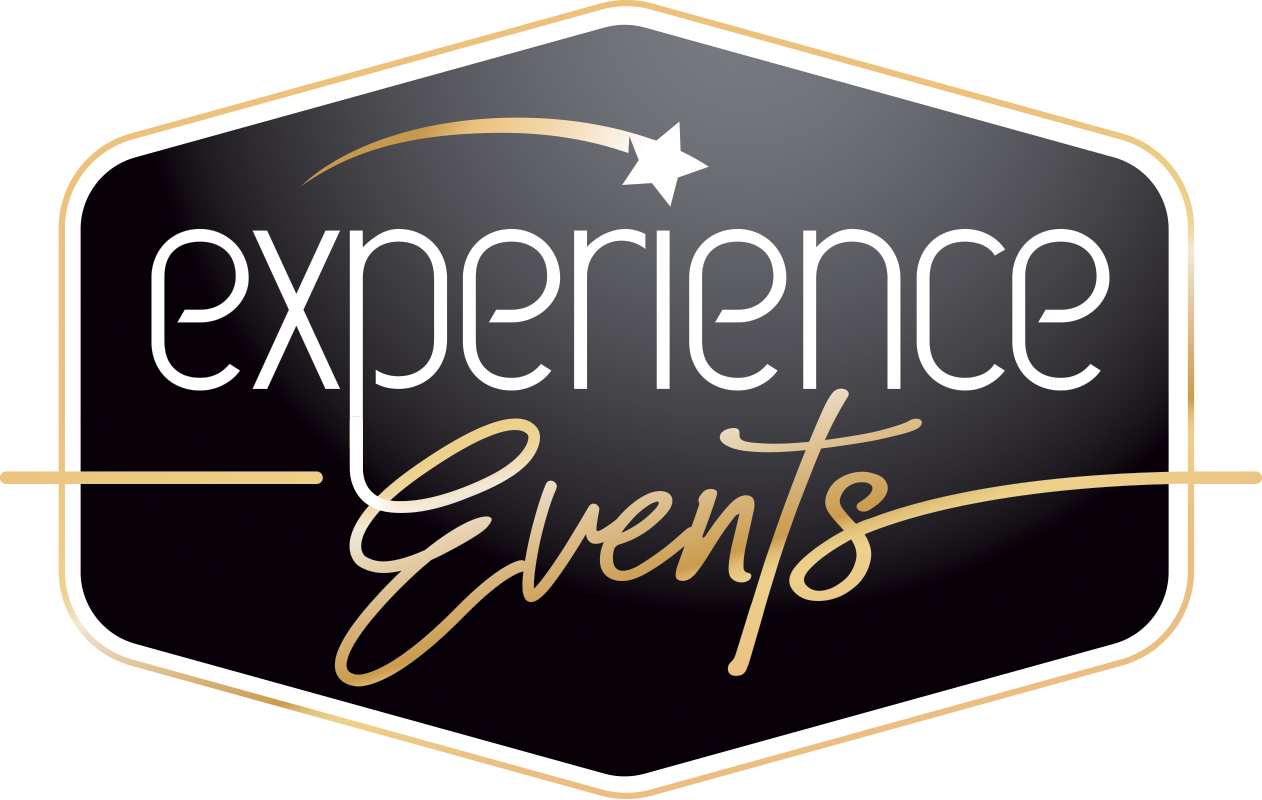We all know the old saying: “A picture is worth a thousand words.” In an aesthetically-driven industry, having photographs of the events you’ve organized is an important part of your corporate event portfolio. But equally as important is both the strength of your experience, and what you can offer to the potential customer.
Let’s explore the best ways for you to WOW potential new clients with your corporate event portfolio!
Content
Having an event planning portfolio is one of the most important aspects for professional growth. Experience is everything, and it all starts with the content. What you write, as well as how you represent yourself both online and on marketing materials, reflects the quality of service you offer. This applies to when you’re applying for a job, as well as when you’re trying to win new business for your own company.
Regardless of whether you have a dedicated website or merely a simple (yet effective) LinkedIn page, your event industry experience should be clear, consistent, and unique.
Setting yourself apart from the competition is also important! For example, take a look at my own company, Experience Events. Great focus was placed on providing full-service solutions. The fact that we offer this demonstrates to an interested party that we, as an organization, can handle it all. We’re setting the precedent for any potential client that if they choose to work with us, they’ll not only have a planner for their event, they’ll also have these other services at their disposal:
Event strategy and logistics
Building a brand
Designing event websites, mobile apps, and registration systems
Negotiating complex venue agreements
Delivering marketing solutions
And so much more!
Best practices
A few times a year, I update my company website, social media accounts, and personal profiles to ensure that the information there is up-to-date and consistent. I edit the content as needed so it always reflects timely, relevant, and important experience that will help progress my business.
Think of it this way: for an in-person interview, we’re told to “dress for success”. Your portfolio is like this, but on paper.
Photos
Event industry success thrives on a wide range of impressive experience and images to support them. For example, let’s take a look at the website of the world-famous wedding planner, David Tutera. The focus of his site is transparent, making his brand immediately recognizable: high-end weddings and event design.
He displays an impressive list of clients, from Elton John, to Prince Charles, to The White House, and more. The portfolio of images to support the work he’s done are powerful; known for influencing planners interested in design and event/wedding decor on a global level.
From a more traditional event management perspective, take a look at some of the images produced by Event Solutions. They’ve done work for Amazon, Chase, Nike, Boeing, and other globally-recognized brands – and boy, do they have the photos to support it! In fact, these photos are highlighted directly on their homepage. Showcasing such an impressive resume right off the bat gives interested the client confidence in the company’s quality and experience.
Best practices
You should always gain permission from your clients before posting their logos and event photos on your website, even if you did most of the work. If you do NOT have permission to share photos from an event you’ve planned or produced, you can instead consider creating a marketing piece that outlines your list of experience. This can then be provided, should a potential client request it.
Reviews
Online reviews are the modern day way to check on a business’s quality, efficiency, and the overall customer experience. Good or bad, online reviews will shine light onto the quality of work provided by a company. Google and Facebook reviews are a direct gateway into real-life customer experiences.
Take QC Event School, for example. With a consistent 5-star ratings from students and exceptional feedback, if I was a prospective student, I’d feel confident taking event management courses at this school.
Reviews from the company’s employees can also be found on websites such as Glassdoor or Indeed. These add a whole other layer of depth into our understanding of a business, since it lets us see the real (and raw) internal culture and employee satisfaction. If employees leave bad reviews, this will reflect horribly on the company. But having positive online reviews will reassure those who may consider working with you in the future.
What else?
Beyond content, photos, and reviews, follow these best practices to create the most robust corporate event portfolio:
Consistency in both look and feel: Keep your logo, color scheme, and business descriptions consistent with one another
Videos: Have video footage from an event? Post it online! Pro tip: the most fun and compelling videos are the ones that are time-lapsed, showing the event from the beginning stages to the finished product!
Social media handles: Include ALL of your business’s social media handles as an extension of your portfolio!
Certifications and awards: Take the event management course from QC Event School, and now have your corporate event planning certification? Don’t forget to include that on your portfolio! Certifications and education like that are extremely impressive to potential clients.
Testimonials: gather reviews from satisfied customers and post them on your website!
In conclusion:
There are a variety of components that should be included in a strong corporate event portfolio, with high-quality content and polished images to back it up. Your event brand and online presence should provide the reader with a sense of what you specialize, excel, and have the most experience in. You’ll be giving them all the confidence in the world in working with you!
https://www.qceventplanning.com/blog/2020/02/how-to-wow-businesses-with-your-corporate-event-portfolio/





